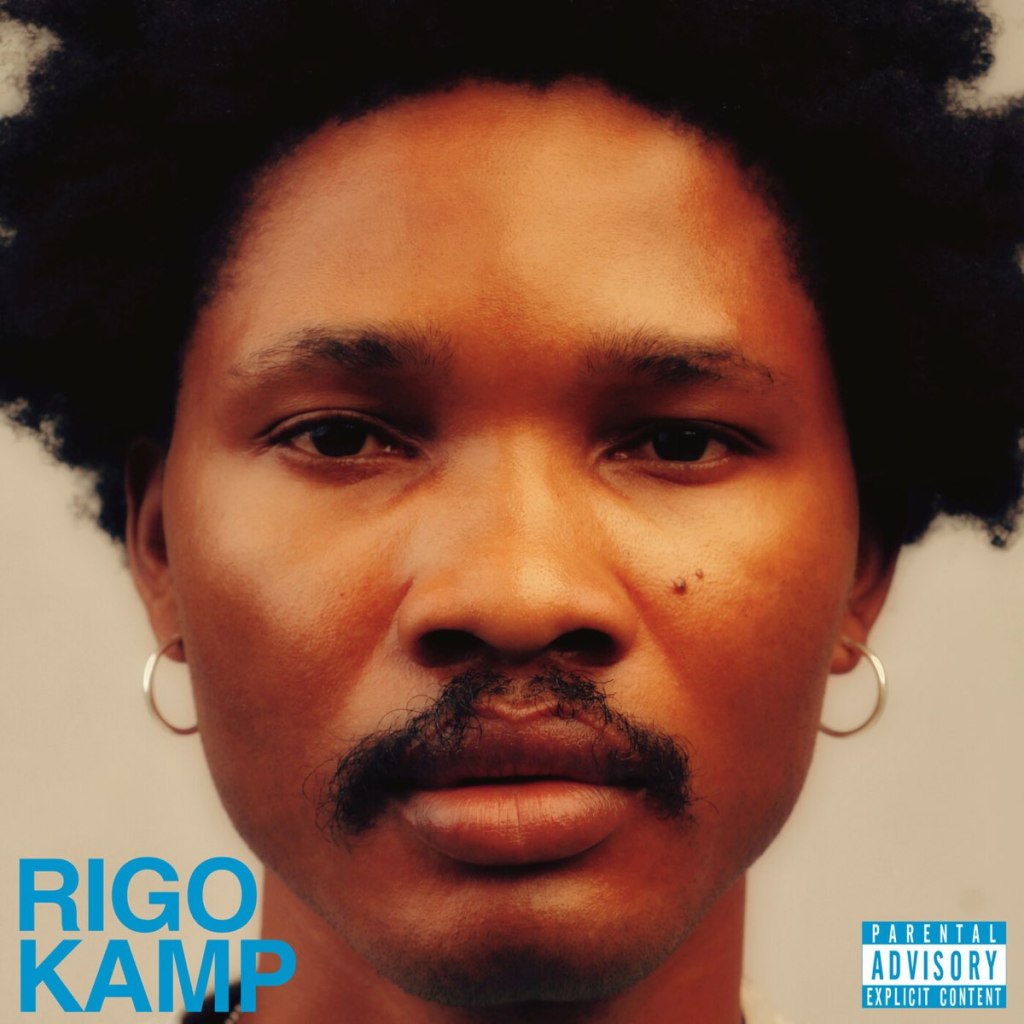
When, in March of 2024, the preternaturally gifted Rigo Kamp took the stage at The Native’s uNder Live show at Miliki, Lagos, the atmosphere tangibly shifted. The stage was still adorned with lush foliage and embroidered tapestries. And yet it suddenly felt as though the sheer force of his music had transported the crowd to a club in the 80s—complete with checkered floors, rotating disco lights, soft RnB music, and especially the distinctive feeling of optimism that colored the era. His debut EP—eponymously named Rigo Kamp—has finally arrived and it embodies the nostalgic feeling of that beautiful evening last year. The album finds him displaying an almost surreal sensibility for sonic alchemy. The result is a project that samples an array of sounds—Jazz, Soul, Funk, Juju & RnB—whilst remaining seamlessly cohesive; every song is a part that sums up to a greater whole.
For millennia, artists and art critics have been preoccupied with the question of originality or authenticity. At what point does imitation cease to be flattery? How much originality can an artist possibly display? Is there such a thing as an original idea? At what point does the act of taking inspiration veer into plagiaristic territory? Amid these questions, the consensus among artists, critics, and the audience is that originality is perhaps the most prized virtue an artist can possess. In today’s world, amid existential threats posed by artificial intelligence and an increasing sludge of saturated content, originality in the arts has taken on increased importance. A staggering amount of songs are released daily—about a hundred thousand. Artists also have to compete with other content forms—film, short-form social media videos, live streaming—for a slice of the audience’s attention.
The conundrum, however, is that being original is harder today than it ever was. The internet and globalization have bridged cultures separated by oceans, effectively connecting the world. An unwitting effect of this, however, is that individual and cultural peculiarities have been flattened. People today are more alike than in previous generations. Our fashion choices are informed by the same algorithmic feeds on social media, particularly on Pinterest. Buildings in cities around the world look eerily similar. Scholars like Francis Fukuyama also argue that we are living at the end of history. This is to say that almost everything has been done before in some format, and so, art and science will only make marginal progress moving forward.
Referencing the past through samples, interpolations, or simply capturing the feeling of a past era has emerged as a way to combat the creative limitations of our postmodern world. It’s both clever and beautiful—being able to alchemize new from old. Sampling and referencing past eras in music has, however, become somewhat cliche. These days, almost every song is a reimagination of the past. And yet, Rigo Kamp feels refreshingly authentic. The project pivots not just about dredging up ’80s nostalgia but exists in what the German artist Nicole Wermers calls “The great in-between.” The project is magisterially restless, defying easy classification. It’s neither old nor new, Funk nor Jazz; Afrobeats nor Juju; but all of these things at once.
Marathon, the opening track, which unfurls with bewitching grace and suppleness, starts in Juju territory. We’re transported to a colorful Owambe. He croons softly in Yoruba and Pidgin, over ecstatic talking drums and lithe guitar riffs, evoking the dreamy feeling of listening to King Sunny Ade. Just as you start to settle into the festive atmosphere, he changes gears, ushering us into the mawkish tenderness of RnB. We’re suddenly in a disco club in the 80s, slow dancing to his crystalline voice. On Forbes List, a cocktail of Jazz, Funk, and Soul, he channels the 80s dandyism heralded by acts like Micheal Jackson and Prince. Morning Sun, the standout track, which beautifully blends Jazz and Funk, feels like the perfect song to vibe to as you perform your Saturday chores.
Keeping with the colorful spirit of the 80s, the album is incredibly optimistic—a constellation of soft, feel-good music. Summer evokes the feeling of experiencing a holiday in the company of loved ones. Miss You, which is perhaps the most upbeat song on the project, finds him serenading his lover with childish enthusiasm. Even when he interrogates more austere subjects like on Move On, where he wistfully reminisces on a frayed friendship, it’s with a gentle touch. In today’s zeitgeist, where a foreboding sense of cynicism seems to have taken center stage, Rigo Kamp’s magisterial debut EP is just the breath of fresh air we’ve long needed.
